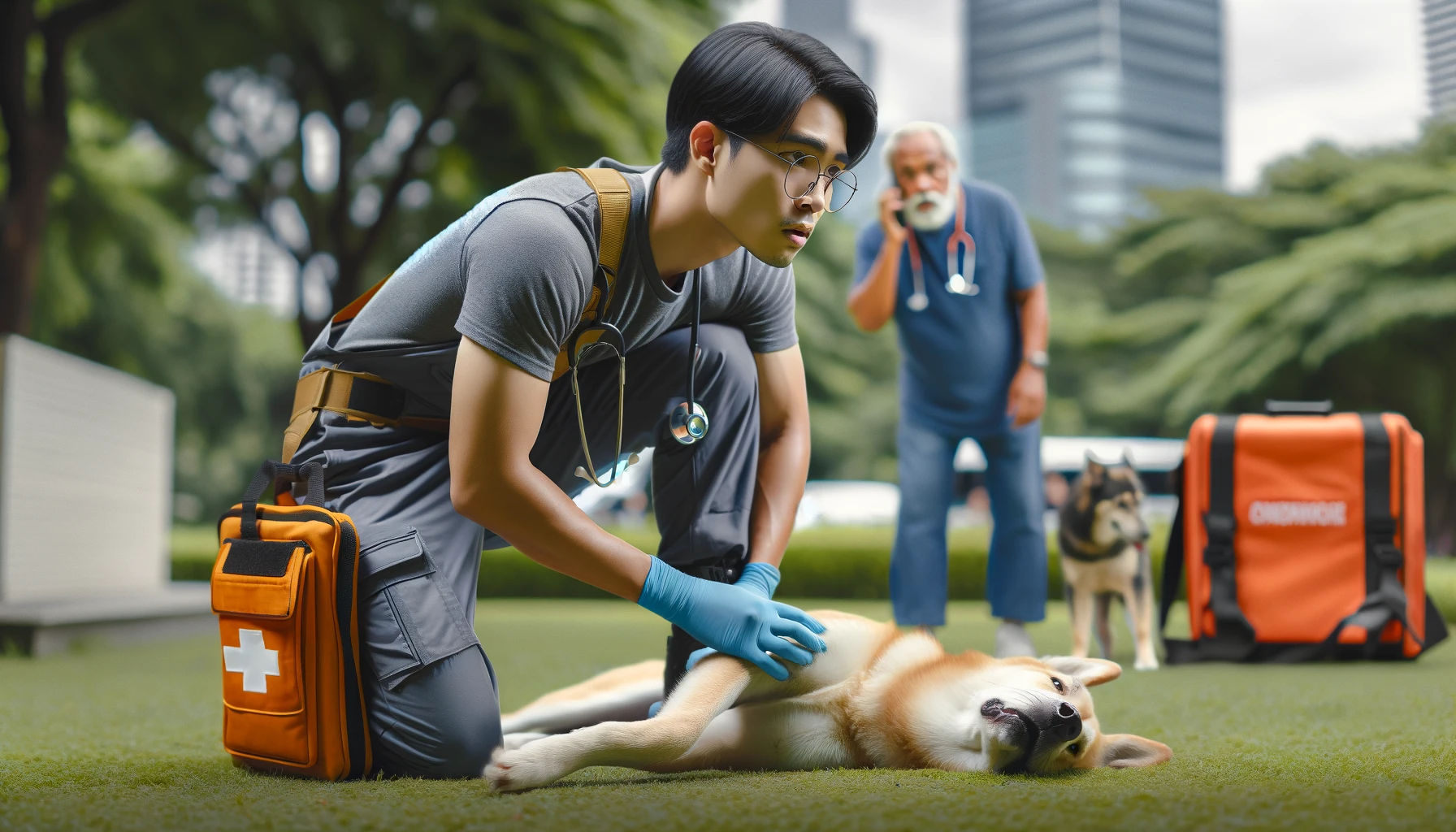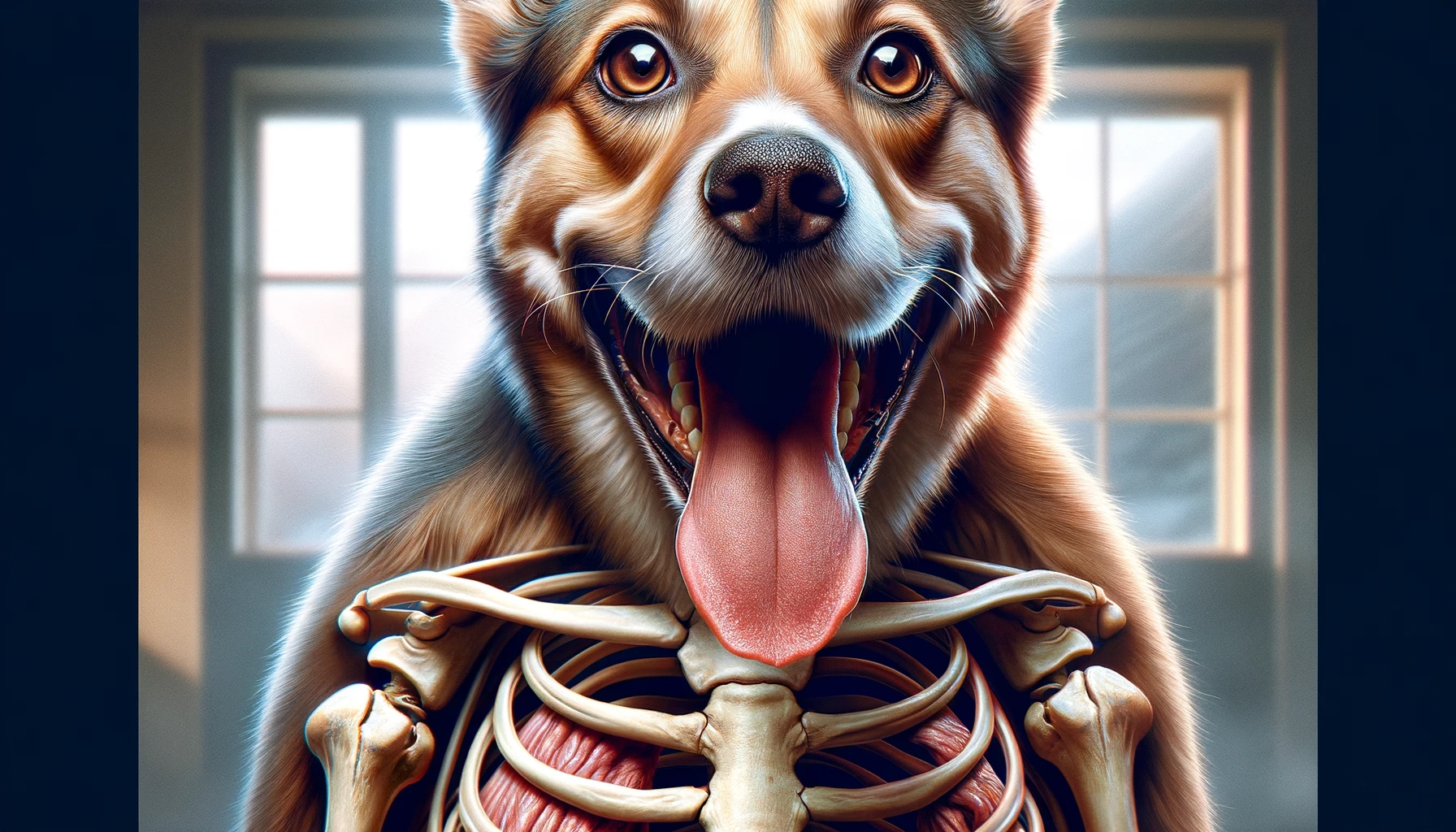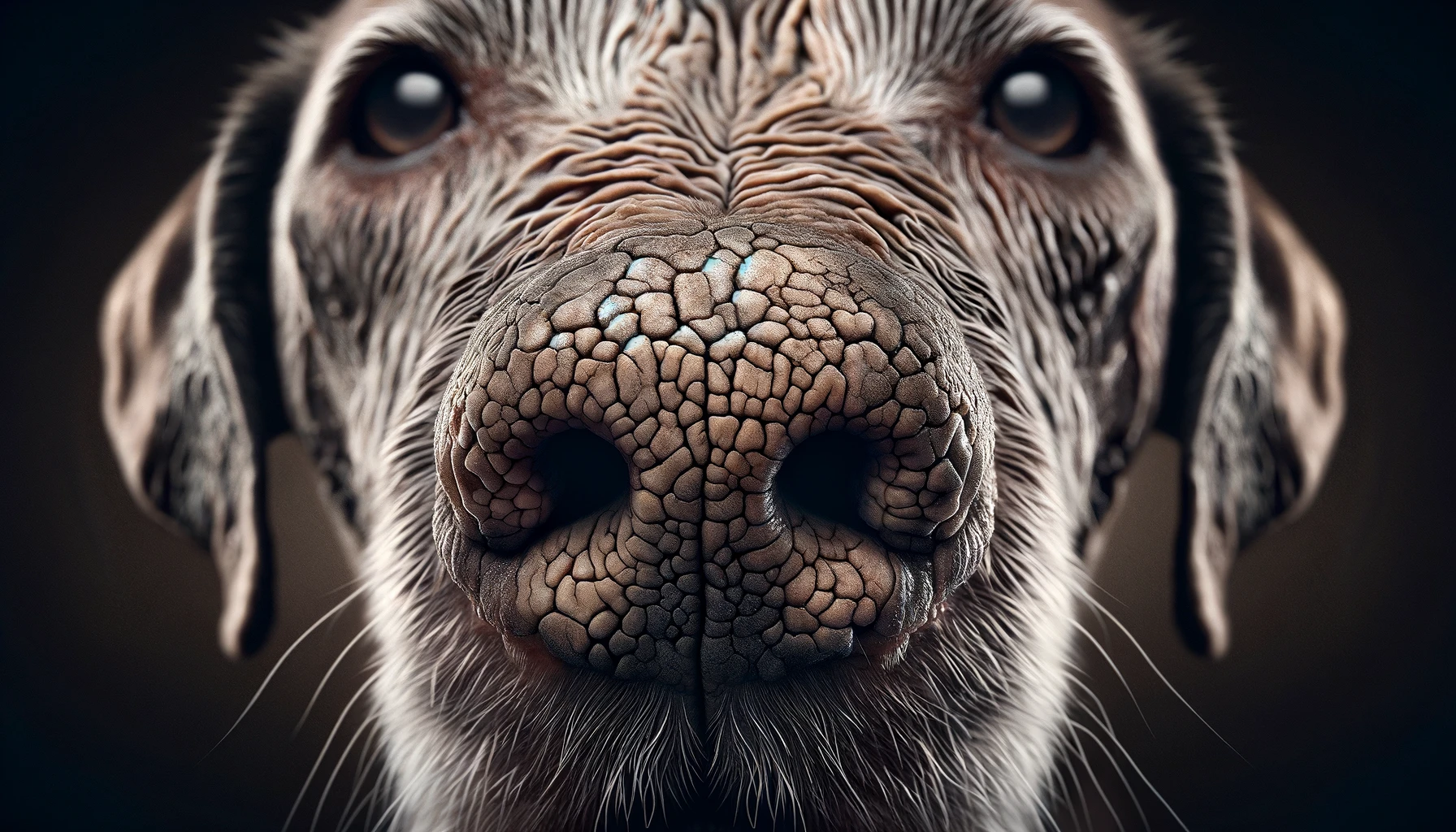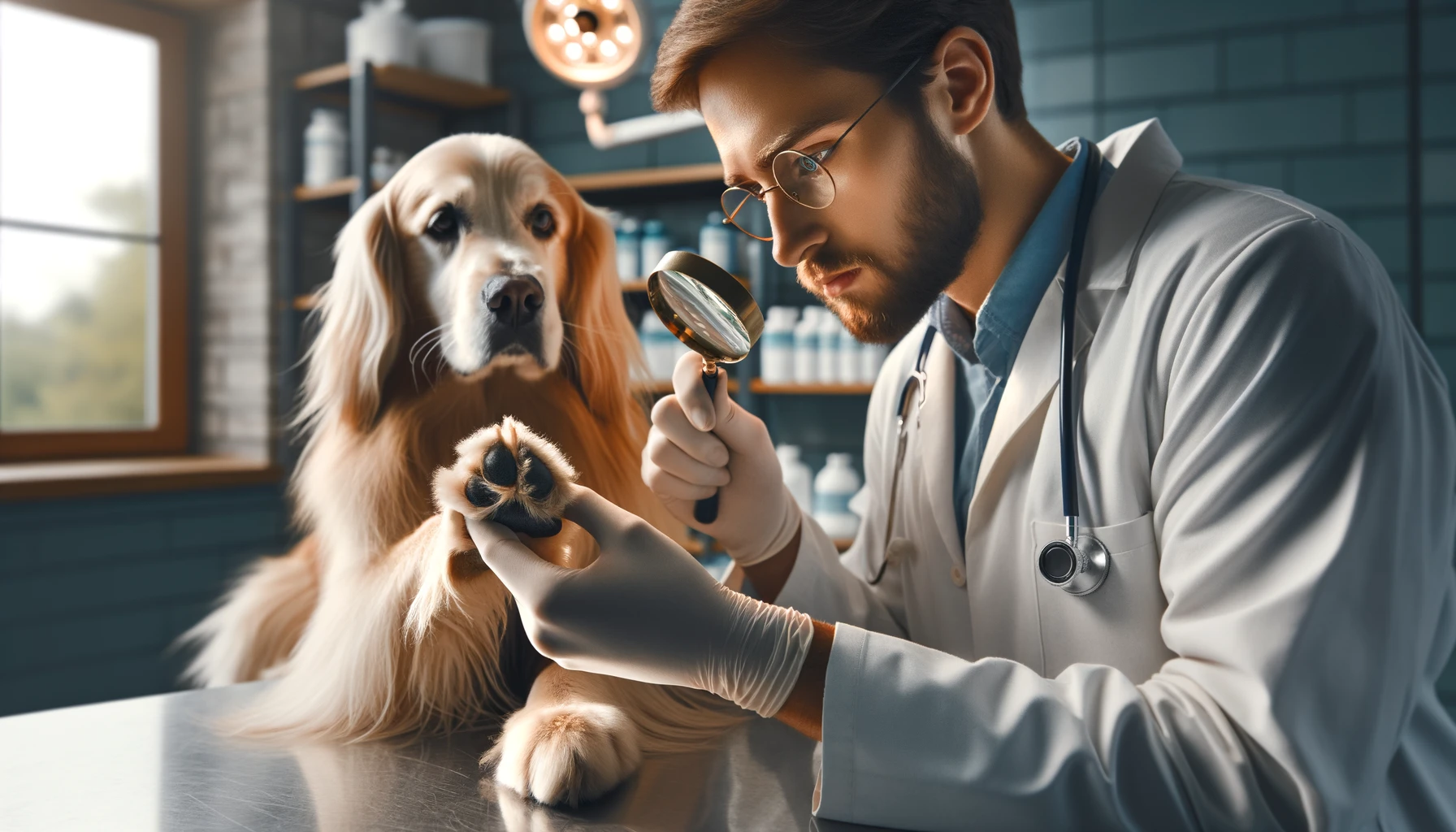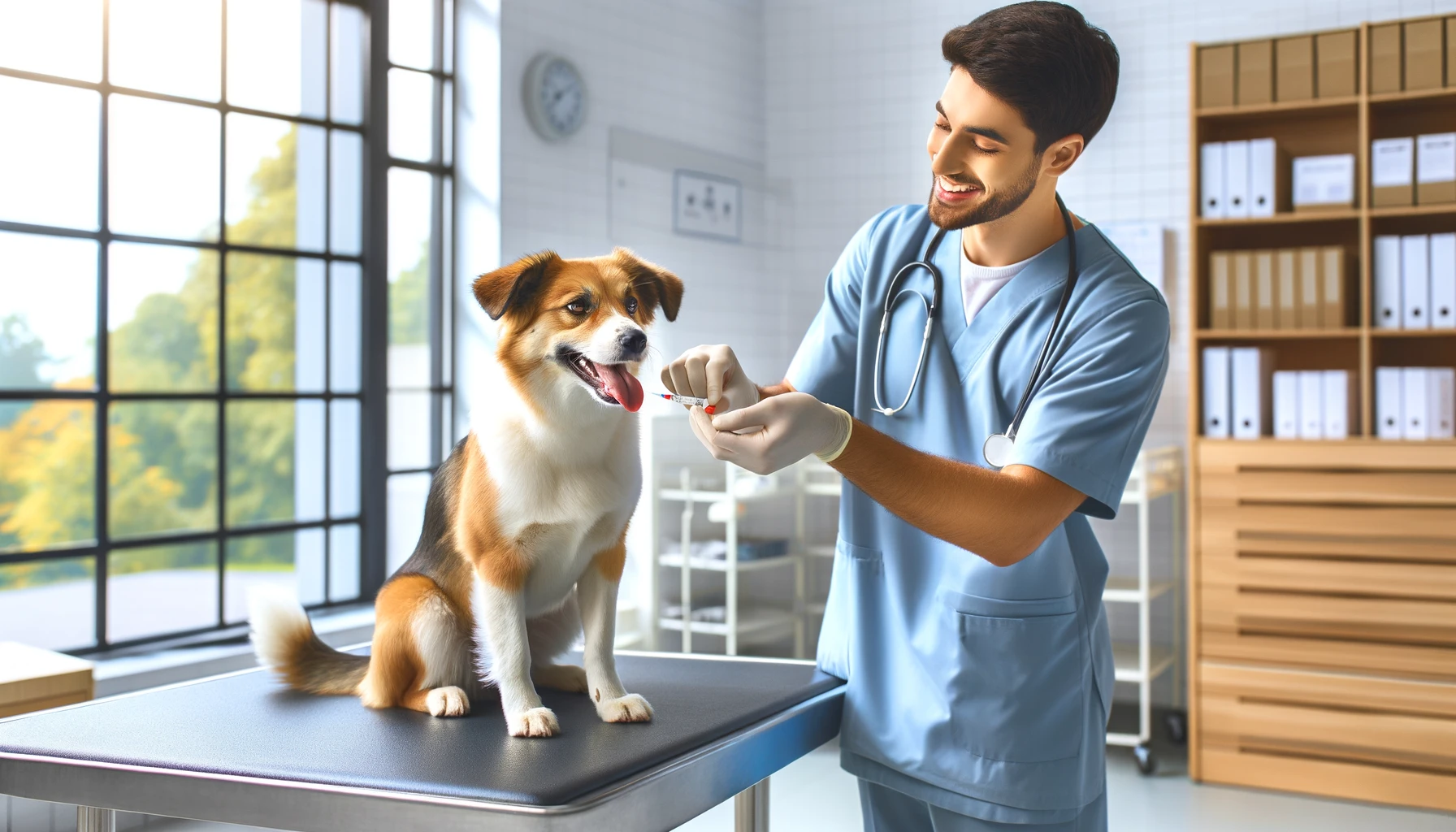Are you ready to unlock optimal health for your beloved canine? Discover the key to a happy and healthy pup with these evidence-based tips.
From a daily exercise routine to nutritious meals and regular vet check-ups, you'll learn the essential steps to keep your furry friend in top shape.
Don't forget about dental care, mental stimulation, and preventive measures against pesky parasites.
Get ready to provide the best possible care for your canine companion. Let's embark on this journey together!
Key Takeaways
- Establish a daily exercise routine for optimal canine health
- Establish a balanced and nutritious diet for your dog
- Schedule regular veterinary check-ups for your dog's well-being
- Prioritize dental care to maintain a healthy smile for your dog
Daily Exercise Routine
To ensure optimal health for your beloved canine, it's crucial that you establish a daily exercise routine. Canine fitness programs and exercise equipment for dogs are valuable tools in achieving this goal.
Regular physical activity is essential for dogs, as it helps to maintain a healthy weight, improve cardiovascular health, and prevent various health issues. A well-designed exercise routine can also enhance muscle strength, flexibility, and coordination in dogs.
When it comes to canine fitness programs, there are several options available. You can choose to enroll your dog in organized fitness classes or hire a professional dog trainer who specializes in canine exercise. These programs often include a combination of aerobic exercises, strength training, and agility exercises to provide a well-rounded fitness routine for your furry friend.
In addition to fitness programs, exercise equipment designed specifically for dogs can be beneficial. Treadmills, for example, are a great way to provide controlled exercise for your dog, especially during inclement weather. They allow your dog to walk or run at their own pace while providing a safe and controlled environment. Other equipment, such as balance discs or obstacle courses, can help improve your dog's balance and coordination.
Remember, when implementing a daily exercise routine for your dog, it's important to consider their age, breed, and overall health. Consulting with a veterinarian or a professional dog trainer can help ensure that you develop a routine that's suitable for your dog's specific needs.
Nutritious Diet and Portion Control
Establishing a nutritious diet and practicing portion control is essential for unlocking optimal health for your beloved canine.
Balanced meal planning plays a crucial role in ensuring that your furry friend receives the right nutrients in the right amounts. A balanced diet for dogs consists of a combination of proteins, carbohydrates, fats, vitamins, and minerals. Proteins, derived from sources like meat, fish, and eggs, are essential for building and repairing tissues. Carbohydrates provide energy, and sources like whole grains and vegetables should be included in your dog's diet. Fats, obtained from sources like fish oil and flaxseed, are important for healthy skin and a shiny coat. Vitamins and minerals, found in fruits and vegetables, support various bodily functions.
Weight management is another crucial aspect of your dog's health. Obesity in dogs can lead to serious health issues such as diabetes, heart disease, and joint problems. By practicing portion control, you can help your dog maintain a healthy weight. It's important to measure your dog's food accurately and feed them the recommended amount based on their age, breed, and activity level. Avoid overfeeding or indulging them with excessive treats. Instead, opt for healthy alternatives like carrots or apples as rewards.
Regular Veterinary Check-Ups
Schedule regular veterinary check-ups to ensure your dog's optimal health. These check-ups are crucial for the well-being of your beloved canine companion. During these visits, your veterinarian will perform a comprehensive physical examination to assess your dog's overall health and address any concerns you may have.
One important aspect of regular veterinary check-ups is ensuring that your dog is up to date on their vaccinations. Canine vaccinations protect your dog from various infectious diseases, such as rabies, distemper, and parvovirus. By keeping your dog's vaccinations current, you're providing them with the necessary protection against potentially life-threatening illnesses.
Another vital component of regular check-ups is the importance of heartworm prevention. Heartworm disease is a serious and potentially fatal condition transmitted by mosquitoes. Fortunately, there are effective preventive medications available that can safeguard your dog from heartworm infection. Your veterinarian will assess your dog's risk and recommend the most appropriate heartworm prevention strategy.
In addition to vaccinations and heartworm prevention, regular veterinary check-ups allow your veterinarian to detect any underlying health issues early on. Early detection can greatly increase the chances of successful treatment and improve your dog's overall prognosis. Your veterinarian may also provide guidance on nutrition, exercise, and other preventive care measures to ensure your dog remains in optimal health.
Dental Care for a Healthy Smile
To maintain your dog's healthy smile, it's important to prioritize dental care. Regular brushing of your dog's teeth can help prevent plaque and tartar buildup, reducing the risk of dental disease.
Additionally, dental chews for dogs can provide a supplemental cleaning action, helping to keep their teeth clean in between brushings.
Don't forget to schedule regular veterinary check-ups to ensure your dog's dental health is monitored and any potential issues are addressed promptly.
Brushing Dog's Teeth
You can maintain your beloved canine's dental health and ensure a healthy smile by regularly brushing their teeth. Dog dental care is an essential part of their overall health and well-being.
Just like humans, dogs can develop dental problems such as plaque buildup, tartar, and gum disease if their oral hygiene is neglected. Brushing your dog's teeth helps remove food particles, bacteria, and plaque that can lead to these issues. It's recommended to use a dog-specific toothbrush and toothpaste to prevent any harm.
Start by gently introducing the toothbrush to your dog's mouth and gradually increase the duration of brushing sessions. Aim to brush your dog's teeth at least 2-3 times a week to maintain optimal dental health and prevent dental problems in the long run.
Dental Chews for Dogs
Promote your dog's dental health and maintain a healthy smile by incorporating dental chews into their routine. Dental chews are an effective way to improve canine oral hygiene and prevent dental problems. Here are three reasons why dental chews are beneficial for your dog:
- Tartar Control: Dental chews help to reduce the accumulation of tartar on your dog's teeth. The chewing action stimulates saliva production, which can help wash away bacteria and food particles, preventing tartar buildup.
- Fresh Breath: Bad breath is often a sign of poor oral health in dogs. Dental chews contain ingredients that help freshen your dog's breath by reducing the growth of odor-causing bacteria in their mouth.
- Gum Health: Chewing on dental chews can provide a gentle massage to your dog's gums, promoting blood circulation and overall gum health.
When choosing dog dental products, look for those that are recommended by veterinarians and specifically designed for oral care. Regular use of dental chews, in combination with other dental hygiene practices, can contribute to your dog's overall oral health and a happy, healthy smile.
Regular Vet Check-Ups
Regular vet check-ups play a crucial role in maintaining your dog's dental health and ensuring a healthy smile. During these check-ups, your veterinarian won't only assess your dog's overall health but also examine their teeth and gums. Dental problems such as plaque buildup, gum disease, and tooth decay are common in dogs and can lead to serious health issues if left untreated.
Your veterinarian will recommend a proper dental care routine tailored to your dog's needs, which may include regular brushing, dental chews, and professional cleanings. Additionally, regular vet check-ups are essential for your dog's overall well-being. Your veterinarian will update your dog's vaccination schedule, monitor their weight, and perform wellness blood work to detect any underlying health conditions early on.
Mental Stimulation and Enrichment
Engaging your furry friend in various stimulating activities is essential for their mental well-being and overall health. Dogs are intelligent creatures that require mental stimulation to prevent boredom and behavioral issues. One way to provide mental stimulation is through interactive toys and puzzle games. These toys are designed to challenge your dog's problem-solving skills and keep them mentally engaged.
Here are three types of interactive toys and puzzle games that can provide mental stimulation for your canine companion:
- Treat-dispensing toys: These toys have hidden compartments where you can place treats. Your dog will have to figure out how to manipulate the toy to get the treats out. This not only stimulates their mind but also provides a rewarding experience.
- Puzzle games: These games come in various forms, such as sliding puzzles or hidden compartments. They require your dog to use their problem-solving skills to find the hidden treats or navigate through the puzzle. This can keep their mind sharp and provide a fun challenge.
- Interactive plush toys: These toys often have hidden squeakers or other interactive elements that can keep your dog engaged. They can provide mental stimulation and encourage your dog to think and interact with the toy.
Preventive Measures Against Parasites
To ensure the optimal health of your canine companion, it's important to take preventive measures against parasites. Parasites can cause a range of health issues in dogs, including skin irritations, allergies, anemia, and even the transmission of serious diseases. For outdoor dogs, the risk of parasite infestation is higher due to their increased exposure to the environment.
There are several effective parasite prevention methods for outdoor dogs that you can implement.
One of the most essential preventive measures is effective flea and tick control. Fleas and ticks are common parasites that can cause discomfort and transmit diseases such as Lyme disease and Rocky Mountain spotted fever. Regularly inspecting your dog for fleas and ticks and using preventive products such as topical treatments or oral medications can help keep these parasites at bay. It's important to consult with your veterinarian to determine the most suitable flea and tick control method for your canine companion.
In addition to flea and tick control, other preventive measures include regular grooming, proper sanitation, and maintaining a clean living environment. Regular grooming, including brushing your dog's coat and checking for any signs of infestation, can help detect parasites early on. Additionally, cleaning your dog's bedding and living area regularly can prevent the accumulation of parasites.
Frequently Asked Questions
How Often Should I Change My Dog's Exercise Routine?
To optimize your dog's exercise routine, it's important to change it up regularly. Incorporate strength training exercises, but be mindful of breed-specific limitations. Varying activities will prevent boredom and promote overall health and well-being.
Can I Feed My Dog a Raw Diet Instead of Commercial Dog Food?
Yes, you can feed your dog a raw diet instead of commercial dog food. Raw diet benefits include improved digestion, healthier coat, and increased energy. However, there are risks of feeding raw food to dogs, such as bacterial infections and nutrient imbalances.
What Are Some Signs That Indicate It's Time for a Veterinary Check-Up?
If you notice behavioral changes or unusual weight loss in your dog, it's time for a veterinary check-up. These signs could indicate underlying health issues that require professional attention.
How Often Should I Brush My Dog's Teeth for Optimal Dental Care?
For optimal dental care, brush your dog's teeth at least three times a week. Additionally, schedule professional dental cleanings once a year. Alternative dental care options include dental chews, water additives, and dental diets.
What Are Some Mental Stimulation Activities I Can Provide for My Dog Besides Toys and Puzzles?
To provide mental stimulation for your dog, besides toys and puzzles, try interactive games like hide-and-seek, scent work, or obedience training. These creative ways engage your canine's mind, promoting optimal mental health.
Conclusion
In conclusion, by following a daily exercise routine, providing a nutritious diet and portion control, scheduling regular veterinary check-ups, maintaining dental care, and providing mental stimulation and enrichment, you can ensure optimal health for your beloved canine.
Additionally, implementing preventive measures against parasites is crucial. By taking these evidence-based steps, you can promote the overall well-being and longevity of your furry friend.

